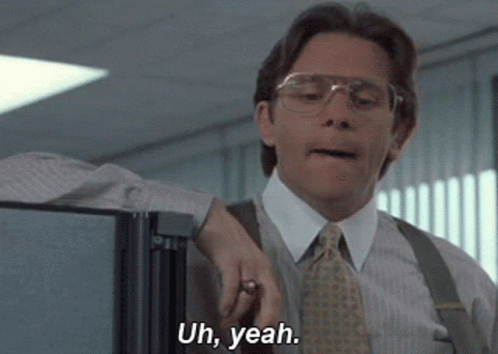Redefining the Communal Workspace
People don’t want to work in an office. But they want the structure of a company that operates like one. They crave process, hierarchy (as long as it’s competent), and a sense that work is moving forward with purpose. What they don’t want? Being forced to show up in person just because leadership spent too much on office furniture.
The modern workforce isn’t anti-structure; they’re anti-bureaucratic nonsense. They want clarity, goals, and well-run meetings. They don’t want "watercooler moments" orchestrated like a corporate team-building exercise. They’re fine with camaraderie, but they don’t need a foosball table to make it happen.
The Broken Promise of the “Cool” Office

For years, companies tried to make the office more appealing by making it feel like something else—more like a clubhouse, a café, or, in the worst cases, a daycare center for adults. Open floor plans. Kombucha on tap. Nap pods. Did any of it make people want to be there? Not really. It turns out the problem was never the vibe—it was the requirement.
The second work-from-home became a viable option, people didn’t hesitate. And they didn’t just leave behind the commute; they left behind the performative elements of “looking busy” that came with being on-site. No more sitting at a desk just to be seen sitting at a desk. No more posturing. Just results.
Even the Coolest Office Has Its Critics: The Story of FMK’s “Clubhouse”
At FMK Agency, we get it. We built an office so unique, so interesting, that it’s practically a brand in itself—The Clubhouse. What started as our founder’s actual house gradually evolved into something far more: bedrooms converted into offices, living rooms and kitchens reimagined as drop-in workspaces, and even an expansion that added a fully operational recording studio and multimedia creation space. It’s a creative’s dream environment, the kind of place most agencies wish they had.
And yet… people still complain about coming in.

Why? Because no matter how comfortable, inspiring, or flexible an office is, it’s still an obligation if employees feel forced to be there. It’s proof that the issue has never been the workspace itself—it’s the lack of choice. If people want to be in an office, they’ll show up. If they have to be there, it doesn’t matter how many cool amenities you throw at them.
Why the Smartest Companies Are Winning the Talent War

The companies that figured this out early didn’t just let people work remotely—they designed their organizations for it. They baked in accountability, communication, and workflows that function no matter where people are. They didn’t eliminate structure; they made it location-agnostic.
These companies still have an office—but it’s an asset, not a mandate. It’s there for when teams genuinely need to collaborate in person, for client meetings that make an impact, and for the occasional social gathering that isn’t forced fun. The office became a tool, not a rule.
And guess what? These companies are now winning the best talent. Why? Because they offer the one thing top performers care about most: agency. Not just in where they work, but in how they work. They create an environment where expectations are clear, autonomy is respected, and performance is measured by impact—not by seat time.
The Brand Implications: What This Means for Growth Leaders
If you’re a brand strategist, a marketing leader, or anyone responsible for shaping how a company is perceived, this shift has massive implications. It’s no longer just about how you market your products—it’s about how you market your company. Because today, customers and employees alike are asking the same question: Do I trust this brand?
- If you claim to be innovative but cling to outdated work models, people notice.
- If you preach flexibility but micromanage your teams, they’ll call BS.
- If your employer brand is stuck in 2019, your talent pool will be too.
Companies that embrace a flexible yet structured approach to work—one that values autonomy and accountability—aren’t just thriving internally. They’re also positioning themselves as modern, forward-thinking brands that people want to engage with, whether as employees, customers, or partners.
The Future of Work Isn’t Remote. It’s Smarter.

The office isn’t dead. But the idea that it needs to be a default setting? That’s been buried. Smart companies have already moved on. They’re creating cultures that don’t depend on physical presence to function. They’re embracing tools and workflows that make geography irrelevant. And they’re proving that you don’t need to be seen to be successful—you just need to deliver.
So, if you’re still forcing your team to clock in just to “maintain culture,” here’s a newsflash: Culture isn’t a place. It’s a set of behaviors, expectations, and values. Get those right, and it won’t matter where your people are sitting—they’ll be bought in.
The future of work isn’t remote. It’s just smarter. And the companies that recognize this will be the ones that attract the best minds, the best customers, and the best opportunities.










